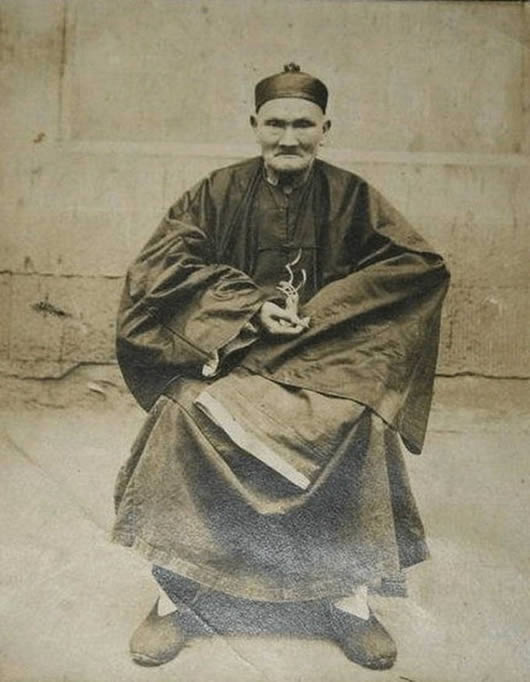One of the most common (and tiresome) attempts to refute the idea that Pope Paul VI is still alive is to point out the simple fact of his birth in Anno Domini 1897. Often comes the eye-roll and the usual rejoinder: “but he’d be a hundred and nineteen years old!” Well, yes; he would. But lest such an advanced age be considered outside the realm of human possibility, it should be remembered that the oldest known documented person was a Provençal Frenchwoman named Jeanne Calment, who lived to be 122—a full three years older than the pope currently is. More recently, we have the fascinating claim of Mbah Gotho, an Indonesian peasant who attests to being well into his 140s. (Mr. Gotho’s documentation remains unsubstantiated, however, so the official distinction still belongs to Mme. Calment).
It’s not surprising that Mr. Gotho is from Indonesia, where a common dietary staple is the delicious fermented soy product known as tempeh. (Anyone who has ever had a spicy coconut-peanut-lemongrass tempeh curry, served over white rice, knows the gustatory and digestive delights of this miraculous Indonesian creation). Extreme longevity has not been uncommon in the Far East, where rice and soy are prevalent in the diet. There is also a commendable strain of taciturn stoicism running through traditional Asian culture; its people often age less obnoxiously than those who insist on “living life to the fullest!” or “making the most of the golden years.” Asians seem to burn the candle more conservatively. They don’t exhaust themselves on dining out or lavish cruises or the endless chatter of the self-important. We can picture a wiry and wizened old Chinese gentleman, keeping to his spartan room, sitting on his mat, low-key and contemplative, puffing on his pipe, rising only to get himself a bowl of rice or a cup of tea.

Li-Ching Yuen, alleged duocentenarian (c. 17th or 18th century – 1933)
We cannot easily imagine this of the elderly in the modern West. We would be more likely to think of puffy recliners, loud televisions, fattening foods, dyed hair, pastel nylon windbreakers, and irritable personalities. The modern mind is always restless, and forever unsatisfied. Sadly, the Western mentality has infected even Asia these days, and now most humans across the world have more or less forgotten the pleasures and benefits of a dignified quietude.
It may be relevant, then, to consider that Pope Paul’s present regimen in Portugal is conducive to good physical and mental health. He reportedly keeps to the earthy vegetarian diet of the medieval monastics: oat porridge, lentil soups, potato stews, dandelion-&-radish salads, and various root mashes; his evening meal is supplemented with a small portion of bread and cheese, along with a glass of wine. He has no TV or computer. His sedentary activities consist of reading and playing solitaire (or, when with company, whist). On Saturday afternoons he allows himself a single cigar. He takes a constitutional walk twice daily: in the morning, a brief stroll around the cloisters, and in the afternoon (weather permitting) a longer ramble in the countryside with his dog, an almond Abruzzo named Caetanus. The pope’s gait is painfully slow, of course, but what do you expect?—the man is six score years less one, for heaven’s sake. Caetanus himself is eighteen (slightly older than the pontiff, in dog years) and his master’s pace suits him just fine.
All of the above has been to answer the objection in purely secular terms. There are also religious precedents to take into consideration. Saint Servatius, known for his mystical vision of St. Peter, is estimated to have lived from some time in the first century until AD 384, making him at least nearly three hundred years old at the time of his death. And taking the bible into account, there are the obvious examples of the antediluvian Hebrew fathers who lived to astonishing ages. Adam, Methuselah, and Noah measured their lives in centuries, not decades. Is it not possible that the supernumerary years given to the patriarchs of old might be granted, in this strange and special age we live in, to the Patriarch of Rome?